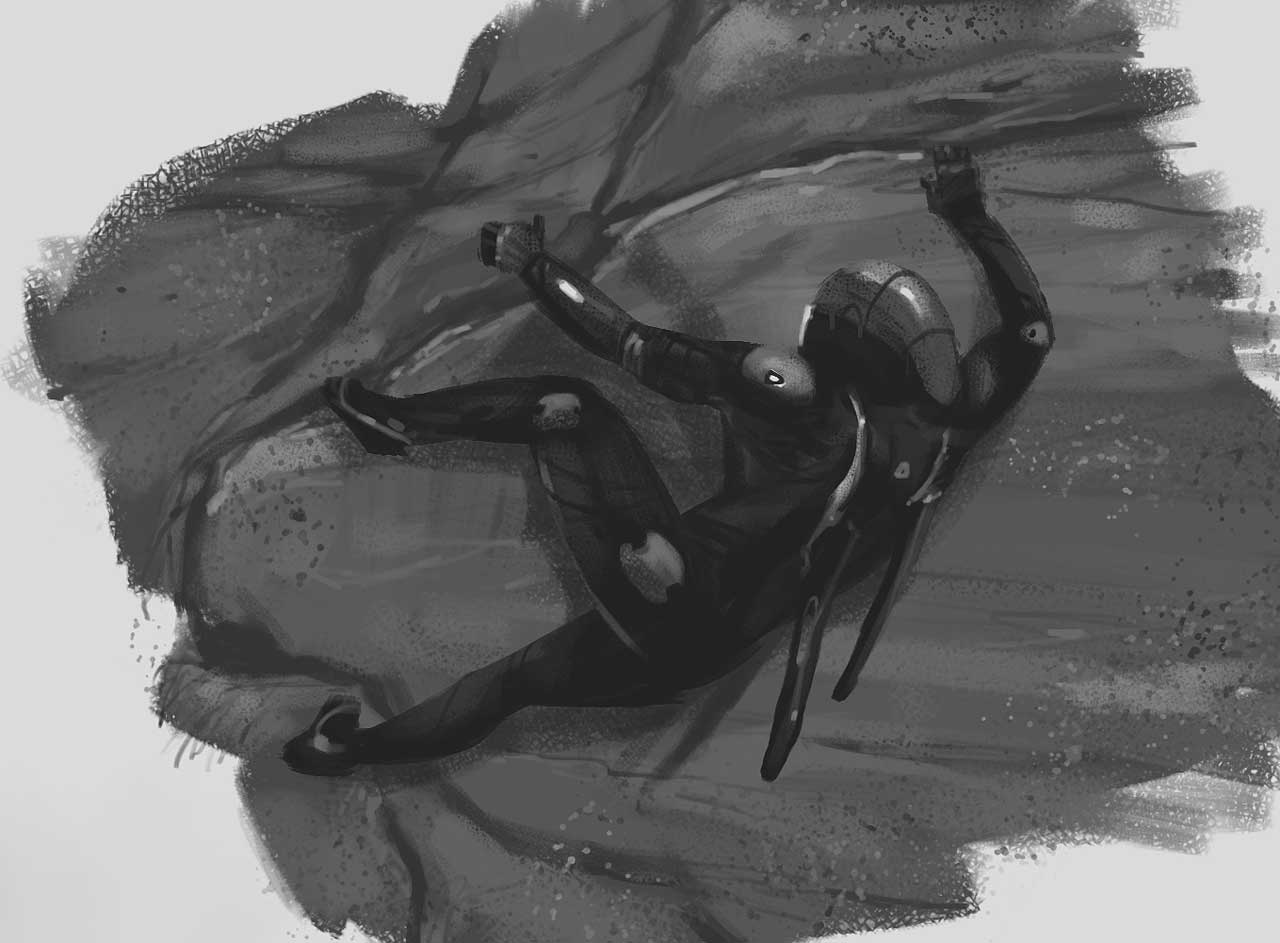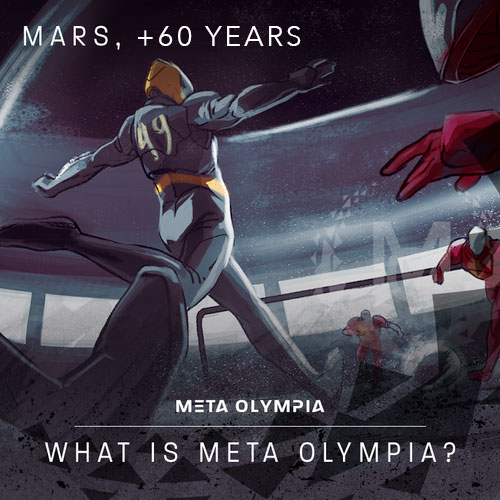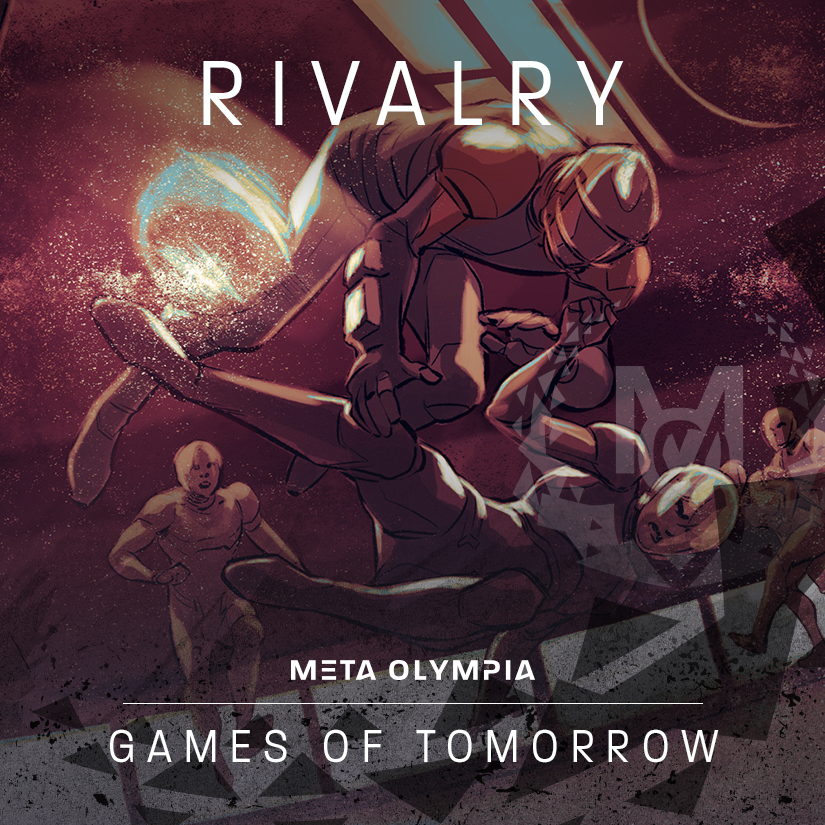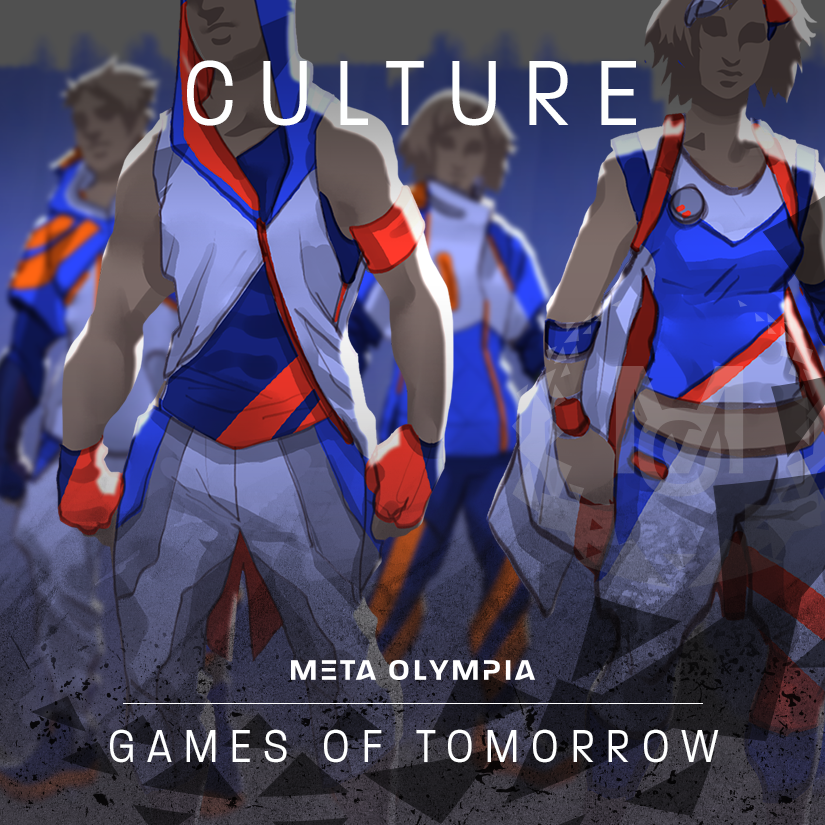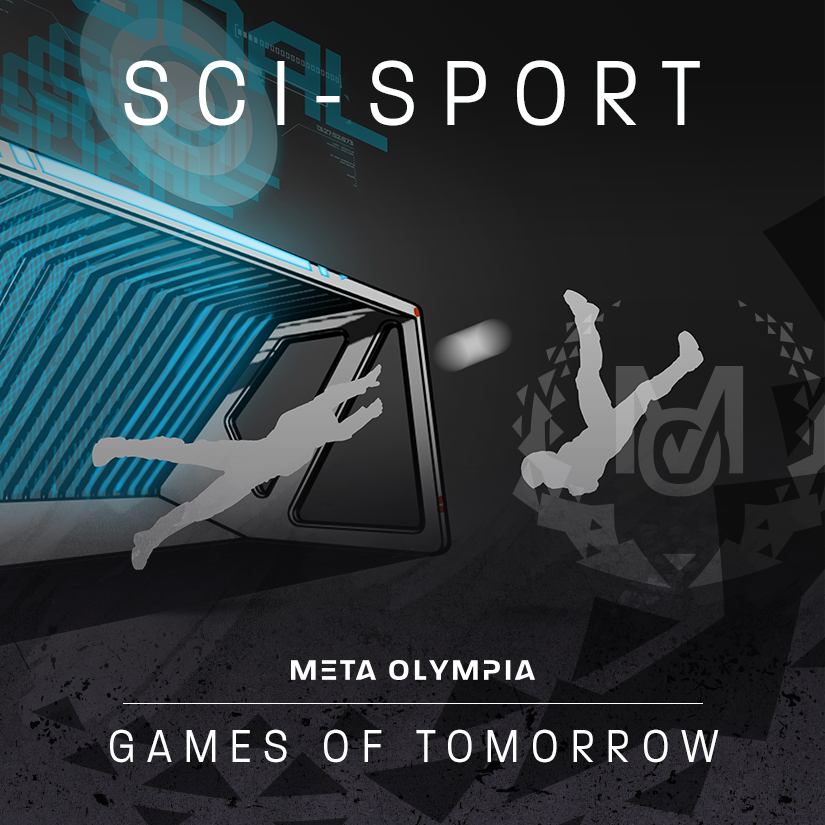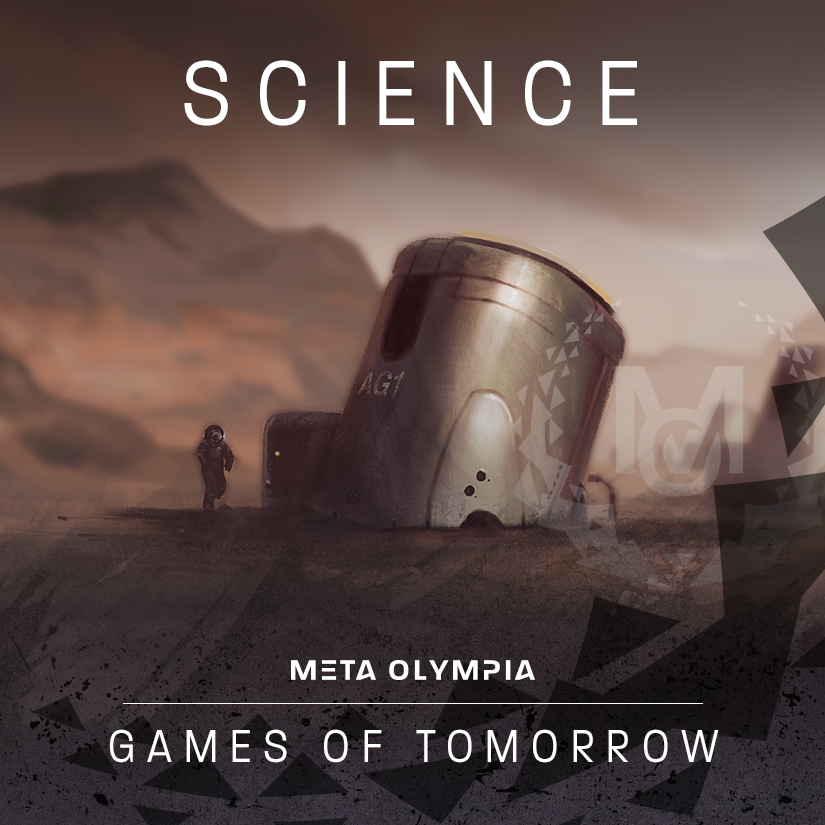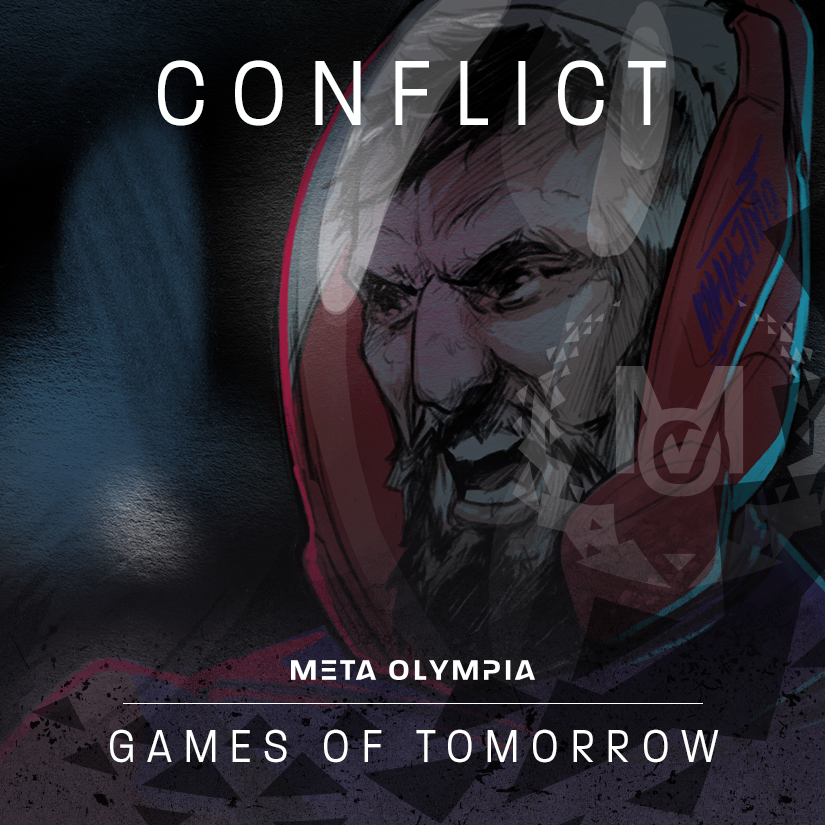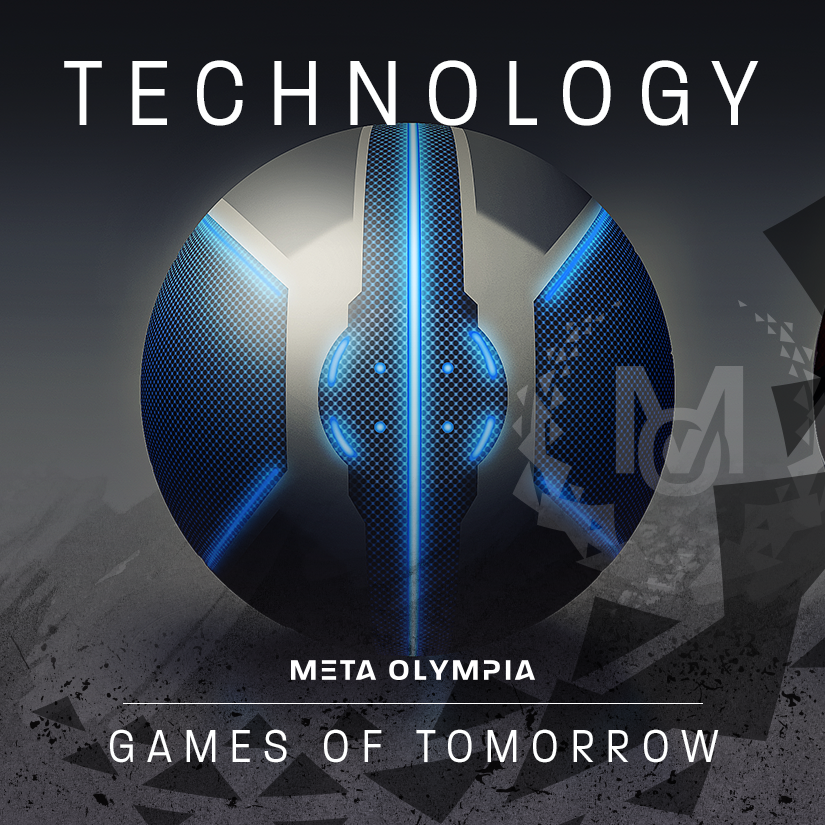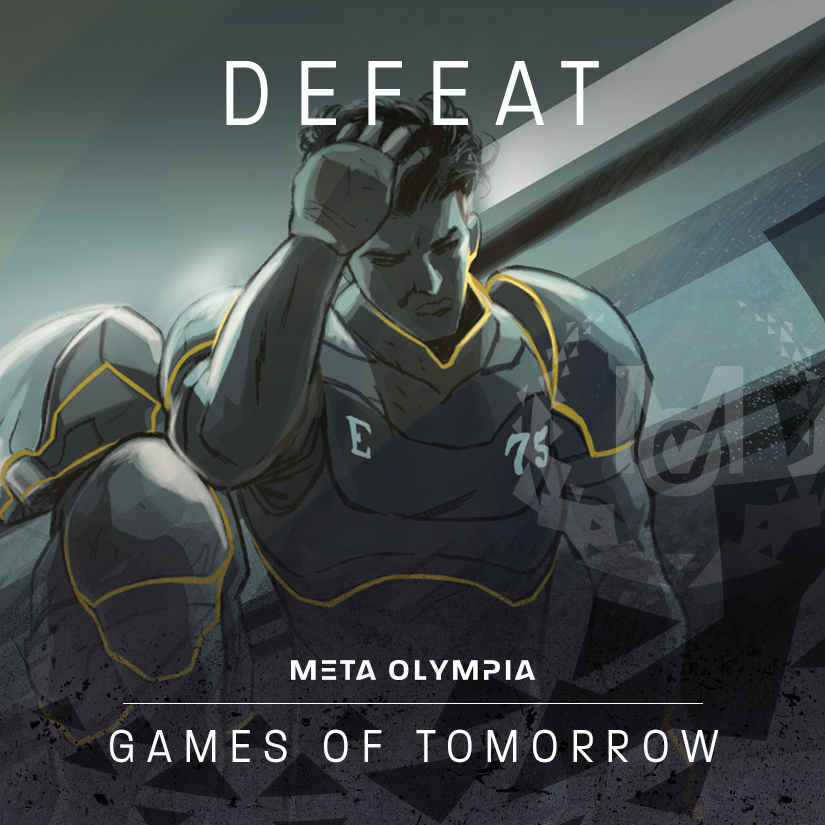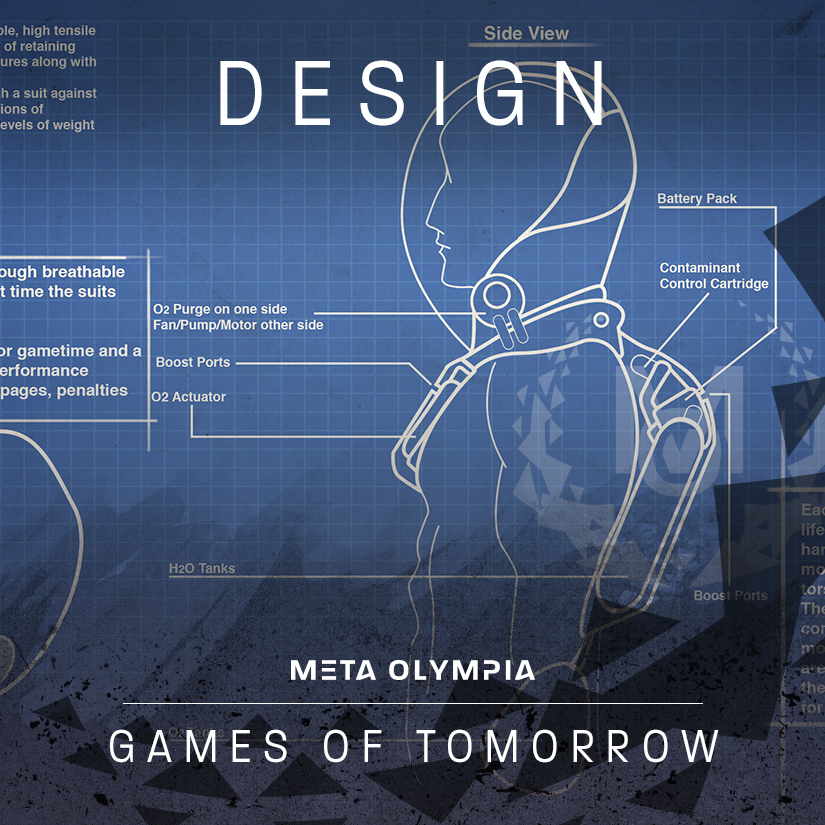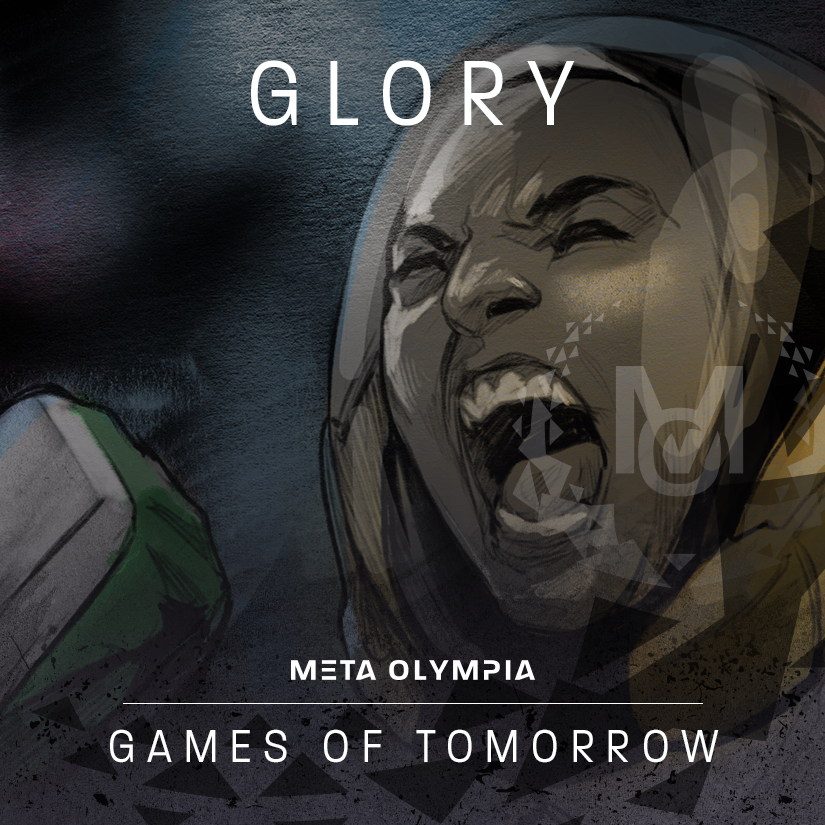Simulator, Stimulator
/Last week was the roll out of another sport experiment on Meta Olympia; an individuals-based competition modelled after racing, extreme games, and track & field.
The whole idea behind Meta Olympia is simulating a prediction of the future through a single genre-specific media site. In this manner, having multiple sports happening simultaneously has always been the goal, emulating a comprehensive property like ESPN. Though not easily attainable in this pilot stage, it is a fundamental, if not necessary aspect to 'the games of tomorrow'.
Sketch by Shaun Mullen, capturing the whole mortal vs. Mars vibe.
This is where Pathfinder Marathon came in. A sport with an isolated scope, fixed duration and easily relatable would limit the impact of existing resource constraints. A race totally fit the bill. What I loved about it was just how completely different it was to football/soccer.
Of course, we had to cook up the lore, the process of generating players that mapped to the demographic distribution of the world, and also create a simple simulator geared towards individual, race-style competition, but without the dependencies of a team sport programmed over multiple weeks and with much more substantial rules and gameplay, it was a much simpler exercise than the MAFL was.
The probability-based engine created for Pathfinder Marathon. Inputting competitors and their individual attributes derives the probability of performance against terrains as well as likelihood of injury/death and even loss of will. The dots represent racer positions over time and the red lines the probability of a player tapping out for whatever reason.
The trade off of this type of sport was coverage. Rather than pacing out games against a schedule, we are forced to run each stage of the race daily... and to report it and generate the art and visual assets.
Damn it! There's a lot to do! And for the first few days, there were a few moments of doubt that it was sustainable.
Like all good things, however, you need to get over the hump.
From a newsroom perspective, after 5 days of reporting Pathfinder Marathon, we now look forward to running the simulator, dissecting the stage, culling the runners that DNF, and seeing how a bunch of meaningless numbers spat out by an arbitrary engine can become the source of meaning and stimulation!

